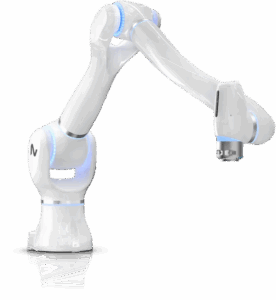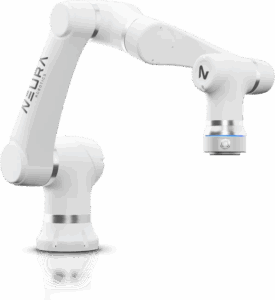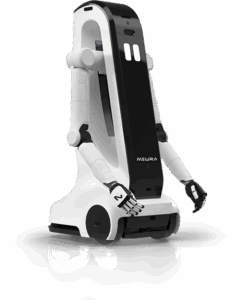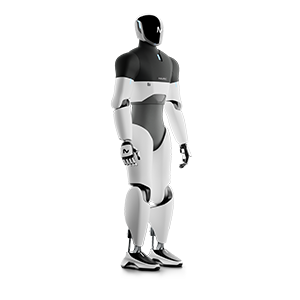NEURA Robotics, a pioneer in cognitive robotics, has launched a new research project called CORINNE (Cobots’ Relational Interface with Neuromorphic Networks and Events) in collaboration with the research institute fortiss and Chemnitz University of Technology. This project explores the capabilities of collaborative robots, with a particular focus on neuromorphic visual chips that enable robots to recognize and respond to human gestures in real-time. The research is expected to play a key role in complex applications such as industrial welding, where precision and adaptability are crucial.
“With CORINNE, we are taking another important step towards seamless human-machine collaboration that works intuitively and naturally in everyday life,” explains David Reger, CEO of NEURA Robotics.
How CORINNE Aims to Make Robots More Flexible
At the heart of the project is the development of a system that uses neuromorphic chips and event-based cameras to process visual information in a manner similar to the human brain. This technology relies on a complex neural spiking network, enabling cobots to dynamically respond to unexpected movements and changes in real time.
The MAiRA robot by NEURA Robotics plays a significant role in this project. While MAiRA already leads in cognitive robotics with its speech and gesture control capabilities, it is being further enhanced as part of CORINNE to fully leverage the potential of neuromorphic chips. The goal is to transform MAiRA into a flexible partner capable of responding to spontaneous operator gestures, eliminating the need for time-consuming reprogramming.
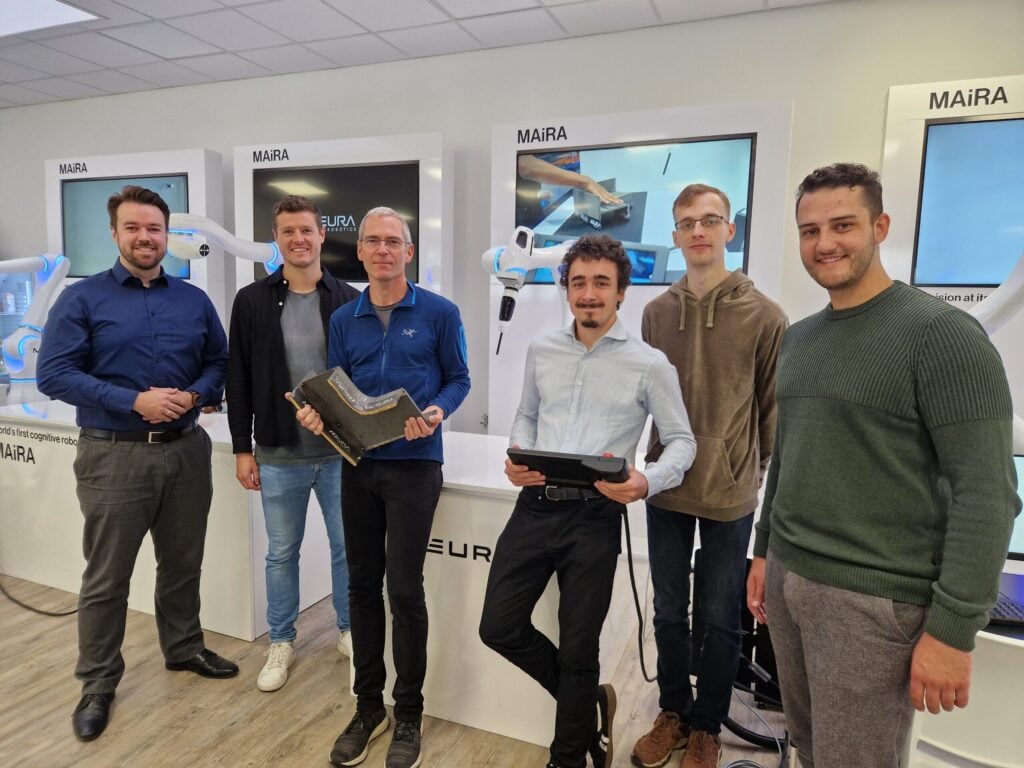
A Dynamic Learning System for Industrial Applications
A key challenge of the project is enabling newly acquired knowledge to be shared in real-time across other robots. This issue is being addressed through federated learning, a method that allows the training results of one cobot to be distributed across the entire network. This drastically shortens the learning curve and ensures that all machines benefit equally from new experiences.
This technology holds promise in the field of industrial welding, where precision and flexibility are paramount, as unforeseen movements often lead to errors. With CORINNE, MAiRA will be able to recognize complex hand movements of the operator and adjust the welding process in real time—without the need for detailed pre-programming. This makes the cobot an active partner that not only supports the workflow but also independently optimizes it.
The Future of Human-Robot Interaction
With CORINNE, NEURA Robotics, fortiss, and TU Chemnitz are laying the foundation for human-robot interaction based on natural communication. The potential applications range from simple production processes to highly complex welding tasks.
CORINNE is funded by the German Federal Ministry of Education and Research (BMBF) as part of the initiative Artificial Intelligence for Small and Medium-Sized Enterprises (KI4KMU). The project runs from April 2024 to March 2026.

